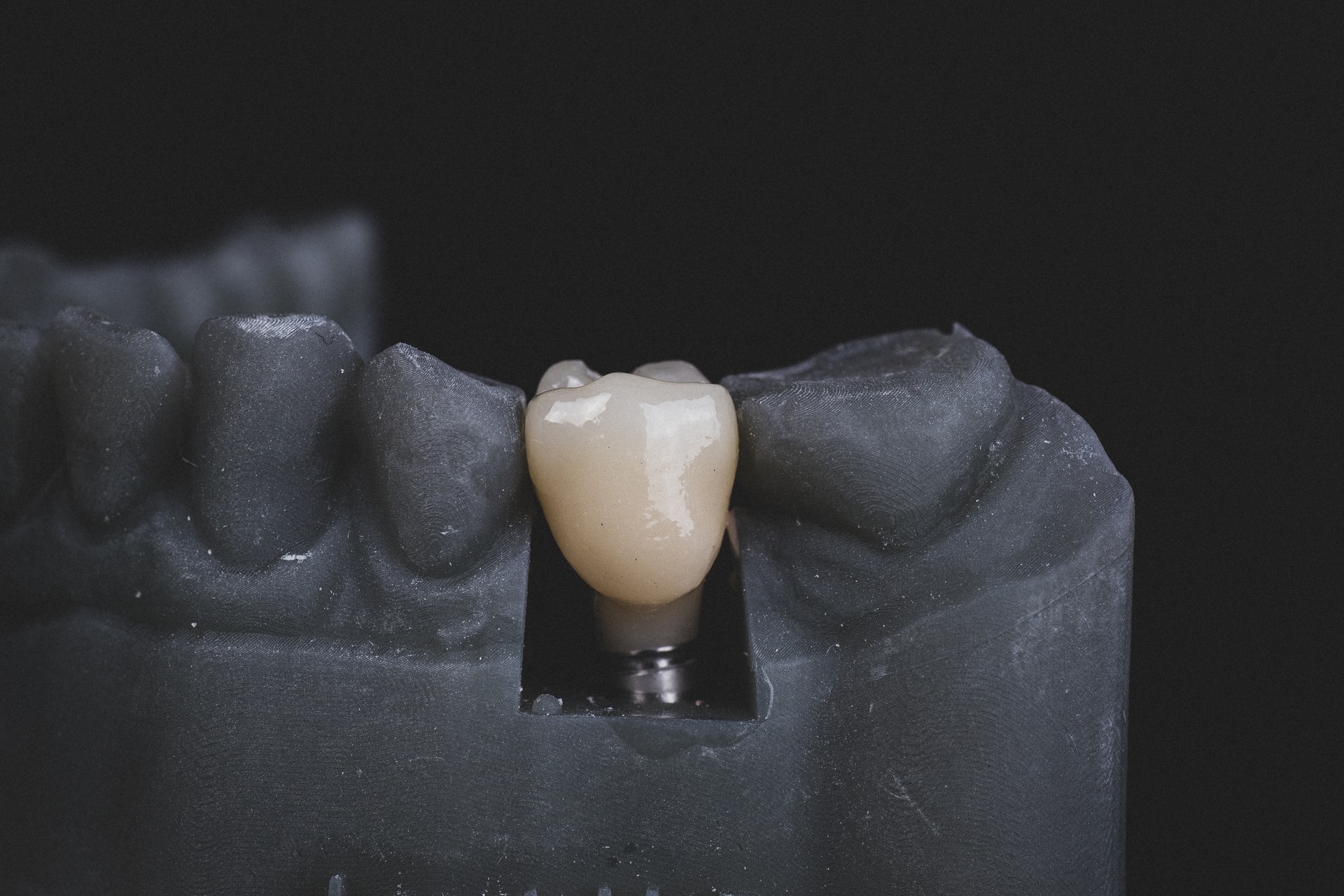
23 Mar Bridges and Implants: How to Fill the Gap
Bridges and implants are important because your smile deserves to be seen without anxiety on your part. After you’ve lost a tooth, it’s important to fill the gap, not only to preserve your smile but also to keep your other teeth from shifting. Replacing the missing tooth with a bridge or implant will prevent gum disease and tooth decay by keeping plaque from building up in hard-to-reach spots.
However, it can be difficult to decide whether bridges or implants will better serve your needs. Both options offer different advantages and disadvantages, especially when it comes to the potential costs. Prescott Dentistry can help you decide which replacement option is best by considering your needs and lifestyle.
What Are Dental Bridges?
Dental bridges use the existing teeth to support one or more false teeth between them. For traditional dental bridges, custom-molded crowns are created for the teeth on either side of the gap. The crowns hold a false tooth known as a pontic between them. The false tooth can be made of porcelain, porcelain fused with metal, or ceramic. Your dentist will cement the crowns in place permanently, allowing the pontic bridge to fill the gap.
What Are Dental Implants?
Dental implants are prosthetic roots that hold a crown that fills the gap and replaces the missing tooth. Rather than relying upon the neighboring teeth, an implant is placed within the jaw, where its titanium fuses with the bone. This allows the implant and crown to be set without any need to modify the other teeth. Unlike a dental bridge, an implant does require oral surgery.
Should I Use Bridges or Implants?
Various factors will affect your ability to get a bridge or implant. The cost of the procedure, the amount your insurance will cover, the health of your existing teeth, your jawbone density, and the number of teeth you need to replace are all factors you will need to consider and discuss with your dentist.
Upfront Costs and Insurance
Both bridges and implants are expensive for the average person. Bridges generally cost anywhere from $1,000 to $5,000, while dental implants cost between $2,000 and $5,000 dollars. However, bridges are generally more affordable, because most dental insurance plans will cover part of the cost for bridges. While more insurance plans are covering implants than in the past, many do not. With partial insurance coverage, bridges generally have a lower upfront cost than implants.
The Necessity of Surgery
Implants require extensive surgery, and some people may need bone grafting to repair jaw damage. The implant process takes place over the course of several months to allow for natural healing. On the other hand, bridges generally only require two visits to a dental professional and take a matter of weeks.
Lifespans of Bridges and Implants
Implants, on average, will have a longer lifespan than bridges, even if both require equal care and attention. Bridges will last anywhere from five to seven years, while implants last up to fifteen years. In the long term, implants may have a lower cost overall.
Health of the Natural Teeth
Traditional bridges rely on crowns placed on the natural teeth abutting the gap. The teeth supporting the bridge need to be strong and healthy. If one of them decays, the entire bridge would need to be removed for treatment, and you would need to receive a whole new bridge to account for the changes.
Alternative bridge techniques, such as Maryland dental bridges have been proposed instead. These bridges have thin metal wings that are fused to the natural teeth with resin, rather than requiring filing and crowning. However, they still require the abutting teeth to be of good quality. Implants, however, operate independently from the other teeth.
Number of Missing Teeth
In cases where there are multiple missing teeth, it is generally more practical to go with a bridge. Because implants must be attached one by one to the jaw, each additional implant increases the cost of surgery drastically. Bridges, on the other hand, stay at a relatively similar cost, even when replacing multiple teeth.
Considering all of the factors, implants are best for patients who only have a single tooth missing or lack abutting teeth. Their lifespan generally makes their price more affordable in the long run compared to bridges. However, in cases where multiple teeth need to be replaced, especially if the need is immediate, a bridge will serve a best.
Replacing Your Teeth with Bridges and Implants
If you need to replace a missing tooth, Prescott Dentistry can help you decide whether a bridge or an implant is best for you. Our holistic dental specialists can review your oral health and budget and help you weigh your options. Contact us today at 928-445-1660 or schedule an appointment online.
Photo by Bogdan Condr on Unsplash.



